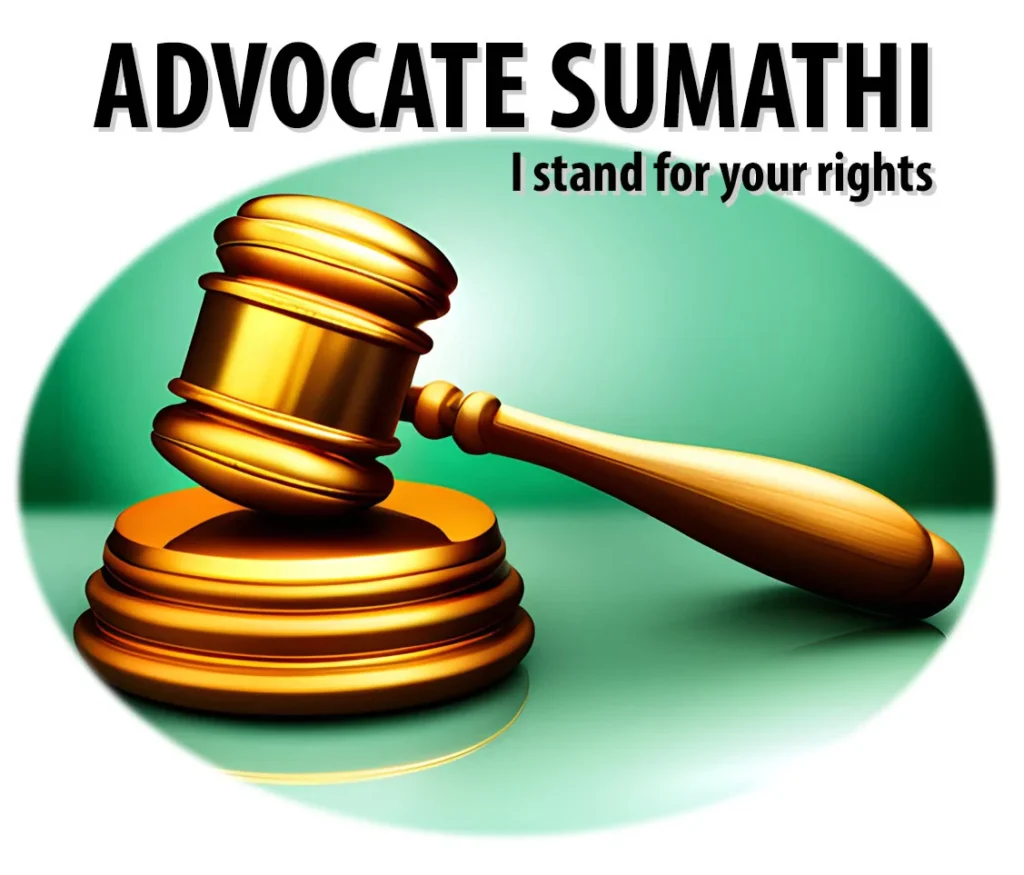LAWYER for INTELLECTUAL PROPERTY
The challenge of handling intellectual property cases
As an advocate for intellectual property registrations, I am well aware that intellectual property (IP) matters present lawyers with unique challenges that require a deep understanding of complex legal frameworks and evolving technology landscapes.
Handling cases involving copyrights, trademarks, patents, and trade secrets necessitates a meticulous approach to protecting the intangible assets of individuals and businesses. This is a demanding role for any advocate for intellectual property disputes.
These cases face the challenges of interpreting and applying intellectual property laws, navigating global jurisdictional variations, and keeping pace with rapidly evolving technological advancements.
The complex nature of IP cases demands strategic thinking, comprehensive research, and the ability to effectively advocate for clients to safeguard their valuable intellectual property rights.
Classic intellectual property challenges I handle with confidence
As an advocate for intellectual property registrations, handling intellectual property cases poses several important challenges for me as a lawyer. Here are some key challenges I encounter and face with determination:
- Complex Legal Framework: Intellectual property law encompasses a complex web of statutes, regulations, and case precedents. I, as an advocate for intellectual property disputes, navigate this intricate legal framework with a deep understanding of intellectual property rights, registration processes, and enforcement mechanisms.
- Technological Advancements: Intellectual property cases often involve emerging technologies, software, or digital platforms. I stay updated with the latest technological advancements and their legal implications to effectively protect my clients’ intellectual property rights in this rapidly evolving landscape.
- Global Nature of Intellectual Property: Intellectual property rights are recognized internationally, and cases may involve cross-border disputes or global infringements. I manage international intellectual property issues with knowledge of international treaties, jurisdictional complexities, and coordination with foreign legal systems.
- Evidence Collection and Evaluation: Intellectual property cases heavily rely on evidence to establish ownership, infringement, or the distinctiveness of a mark. Collecting, organizing, and evaluating evidence, including technical documentation, expert opinions, or market research, demands meticulous attention to detail and rigorous analysis, which I offer to do.
- Enforcement and Remedies: Enforcing intellectual property rights can be challenging due to the need for swift action, the complexity of court proceedings, and the wide range of available remedies. I can craft a robust enforcement strategy, which may involve cease-and-desist letters, negotiations, or litigation, to provide strategic thinking and effective advocacy.
Successfully addressing these challenges requires me to possess a combination of legal expertise, technical acumen, continuous learning, and a keen eye for detail. By staying abreast of legal developments, leveraging industry knowledge, and employing creative strategies, I strive to protect and enforce my clients’ intellectual property rights effectively.
Variations of intellectual property matters I typically handle
- Applying for Trademarks & Copyrights
- Defending Trademarks & Copyrights
How clients can help me do the best on their intellectual property cases
To ensure that I can do an excellent job on your intellectual property case, you can prepare yourself by following points specific to intellectual property like these below.
These are by no means a complete list. They are just some general indications of how your cooperation can help me do the best for you, whether you are filing or defending an intellectual property case.
- Provide Comprehensive Information: Please provide me with comprehensive information about your intellectual property case. This includes details about your invention, creation, trademark, or patent, along with any supporting documentation or prior art. A thorough understanding of your intellectual property allows me to develop a strong strategy tailored to your specific needs.
- Protect Your Intellectual Property: Take steps to protect your intellectual property rights early on. This may include filing for patents, registering trademarks, or establishing copyright ownership. Timely protection strengthens your legal position and allows me to effectively advocate for your rights.
- Maintain Documentation: Keep a record of all relevant documents, including invention records, contracts, licenses, and correspondence related to your intellectual property. Well-organized documentation helps build a solid case and supports the validity and ownership of your intellectual property.
- Identify Potential Infringements: Be vigilant in identifying potential infringements on your intellectual property rights. Monitor the marketplace, conduct regular searches, and promptly notify me of any suspected infringements. Timely detection allows for swift action and strengthens the enforcement of your rights.
- Collaborate and Communicate: Maintain open and proactive communication throughout the case. Inform me promptly about any changes, developments, or concerns related to your intellectual property. Collaborate with me, sharing your insights and knowledge to assist in the development of effective legal strategies.
By following these specific points in your intellectual property case, you actively contribute to our collaboration and help me provide you with exceptional representation. Together, we can work towards protecting and enforcing your intellectual property rights, securing your innovations, and maximizing the potential for a successful outcome.
